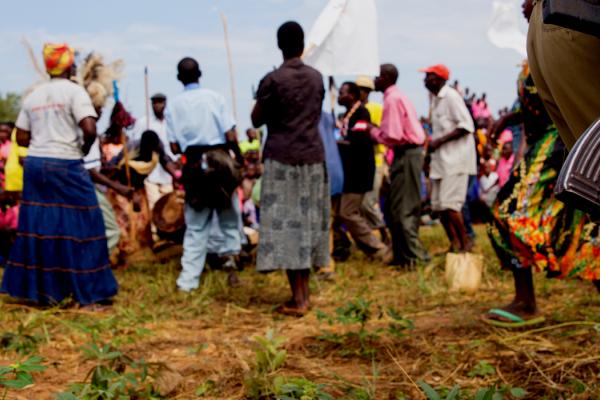REMEMBER WHEN the Kony 2012 video went viral? The short documentary, produced by the controversial Invisible Children organization about brutal Ugandan rebel Joseph Kony and the Lord’s Resistance Army, purportedly reached more than half of young adults in the U.S. when it was released. Young Christians across the country swarmed their elected representatives, urging action against Kony, which quickly legitimized Obama’s deployment of U.S. military forces to hunt a relatively idle madman with depleted resources.
Since then, U.S. militarization in Africa has shown no sign of slowing. In 2006, according to The Intercept, “just 1 percent of [U.S.] commandos sent overseas were deployed in the U.S. Africa Command [AFRICOM] area of operations. In 2016, 17.26 percent of all U.S. Special Operations forces ... deployed abroad were sent to Africa.” The U.S. admits to the existence of one permanent base in Africa, in Djibouti on the Gulf of Aden, while U.S. special forces are deployed in “more than 60 percent of the 54 countries on the continent.”
Special operations and collaborations with proxy militias enable U.S. militarism in Africa to persist with very little public awareness or oversight—and wreak havoc on local populations.
“By keeping us in a state of perpetual war, the arms trade grows,” said Norman Tumuhimbise, a Ugandan youth activist kidnapped and tortured in 2015 by a branch of Uganda’s military that trains under U.S. anti-terror programs.
Read the Full Article

